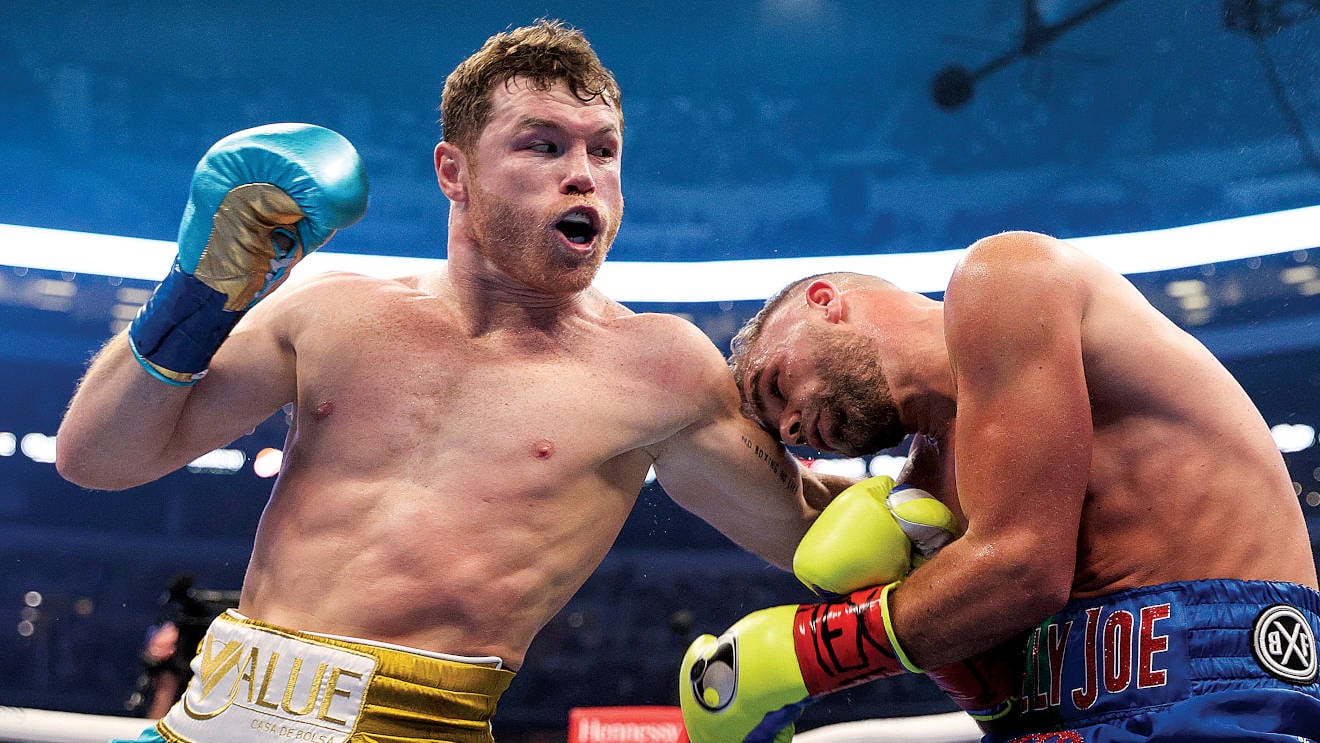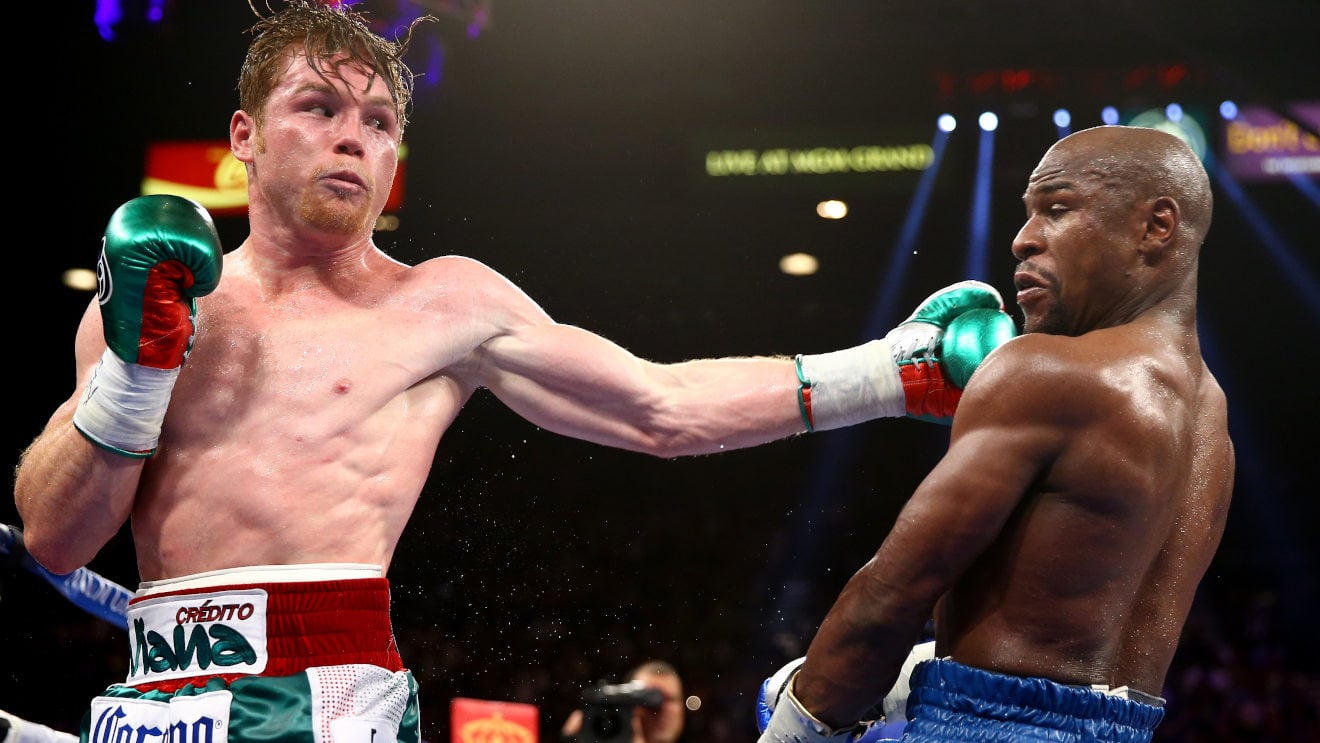QUITE often you hear of people performing ell in training and sparring and when they get in the ring they’re not firing on all cylinders. Even if fighters don’t have trouble making weight, our strengths lie in optimising performance. There’s scope to improve even if it’s going well.
The main error is dehydrating too much to make weight. That’s not only dangerous but it also limits your performance. You can do things correctly and healthily but that’s also in line with maximal performance. We both want the best performance, I also want everyone in my care to be healthy after the fight. The two go hand in hand.
You need to make weight gradually. The diet I put these fighters on not only allows them to do that, it’s very specific. We give them a bit of science if they want it, quite a few of them just want to be told what to do so the plans are to the letter, eat this at this time. Quite often you see boxers having a high protein diet, moving towards the “paleo” type way of eating. That’s great for being lean, what can happen quite often is they can retain quite a lot of muscle so when they get towards the fight it’s very difficult to make weight.
“Paleo” is not something I really agree with. It’s kind of minimal carbohydrates. It’s a very old evolutionary diet, as we probably ate hunting and gathering, lean meats and probably minimal carbohydrates. I think elements of that work. The plan that I put people on is moderate carbohydrate and slightly more protein. The importance with the diets I give people is that they’re very varied.
There’s a certain ratio of nutrients that we use. We use nutritional software to design and code diets. We’re looking at a particular ratio of carbohydrate, protein and fat. We also have equipment that monitor overall body composition changes, so we can not only look at overall weight but we can see how muscle and body fat changes during a training camp. So during a camp we might need to change the focus from losing body fat to say reducing muscle. That can be a problem if you’re not aware of the composition of the body it’s difficult to adjust the diet accordingly.
Fighters are very lean and if they continue with the diet they might not be reducing any weight. In a way they can be in too good condition and maybe have too much muscle for the weight. Obviously it’s important to maximise strength and that’s something we can combine as well.
Nine times out of 10 we’re looking to reduce body fat as low as possible. And that’s usually the focus at the beginning of training camp. I’m hesitant to introduce a diet that reduces muscle because it’s completely against what a normal sports nutritionist would do really. But sometimes it is necessary to get the weight right and really it is a lesser of two evils. If you’re dehydrating too much it’s not only dangerous but also bad for performance.
It’s important to have regular meetings. We meet on a weekly basis during camp and then we can make any changes that we need to. I think that’s key as well. It’s important to pick up changes early and if fighters aren’t progressing as well as they need to, then we can make alterations.





